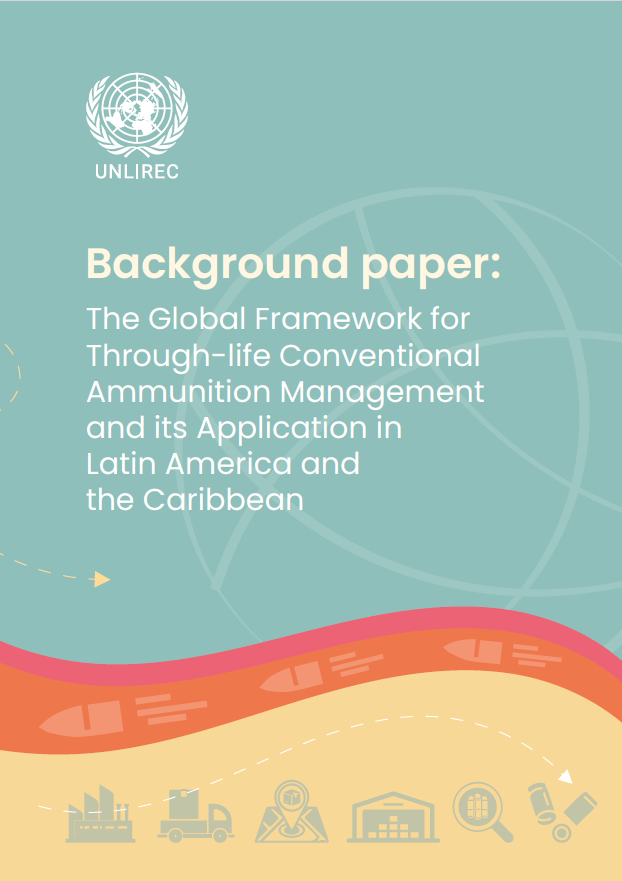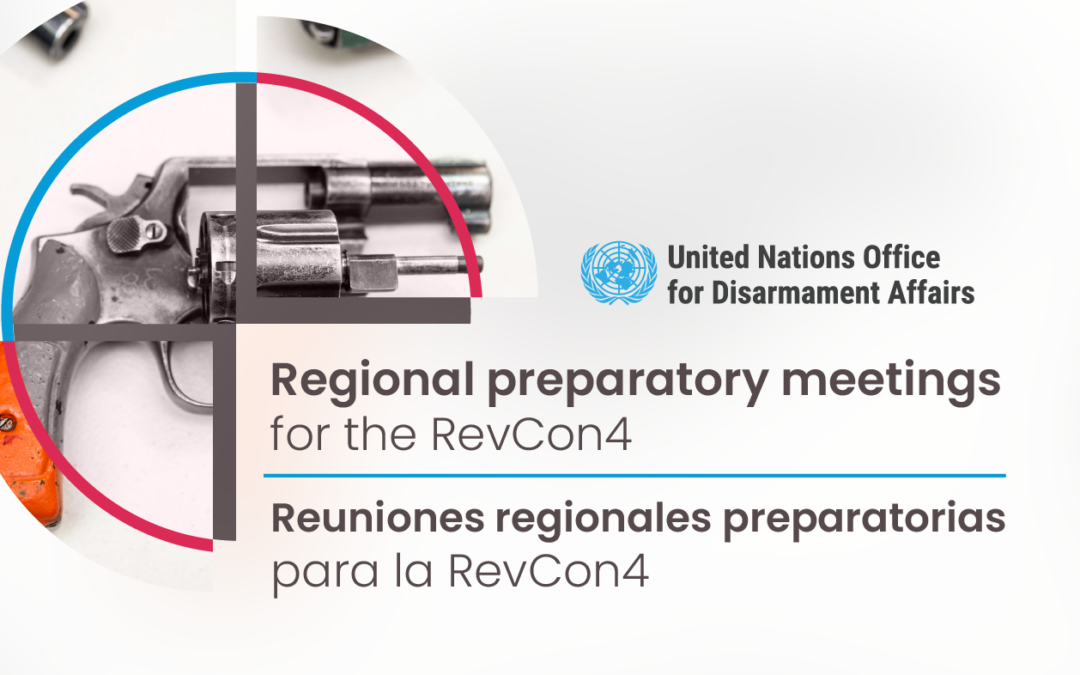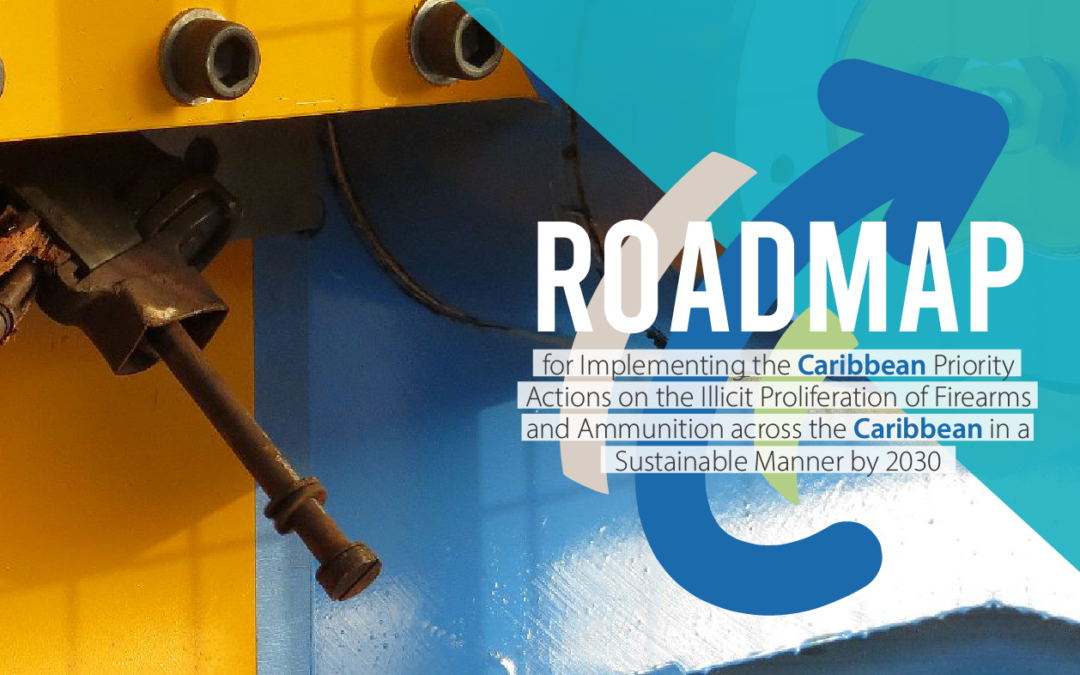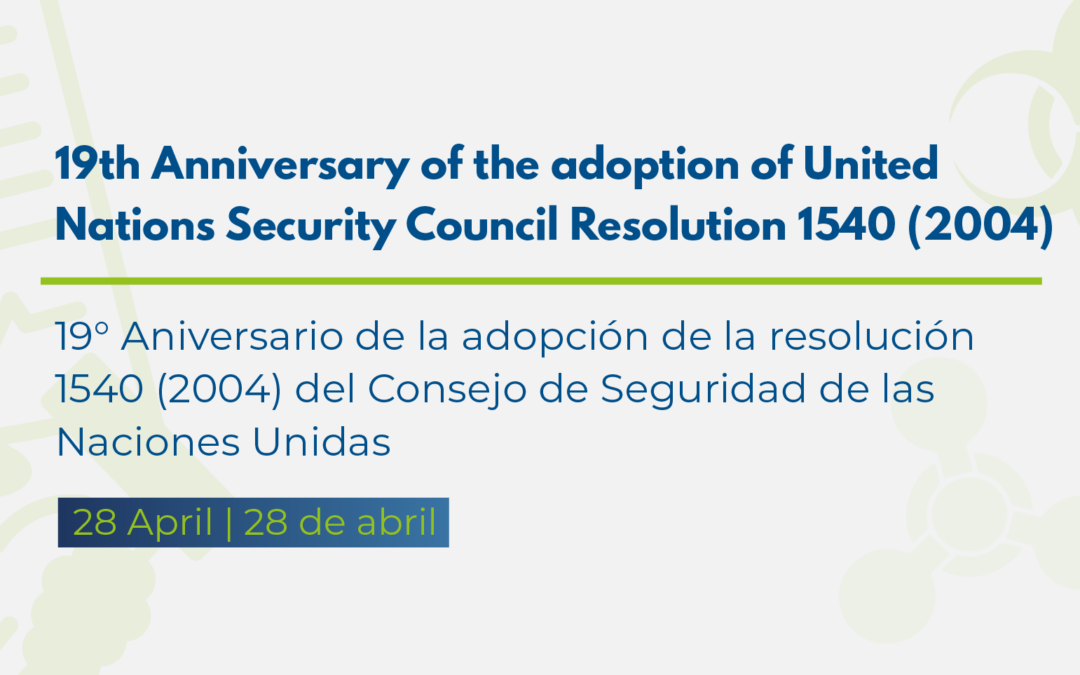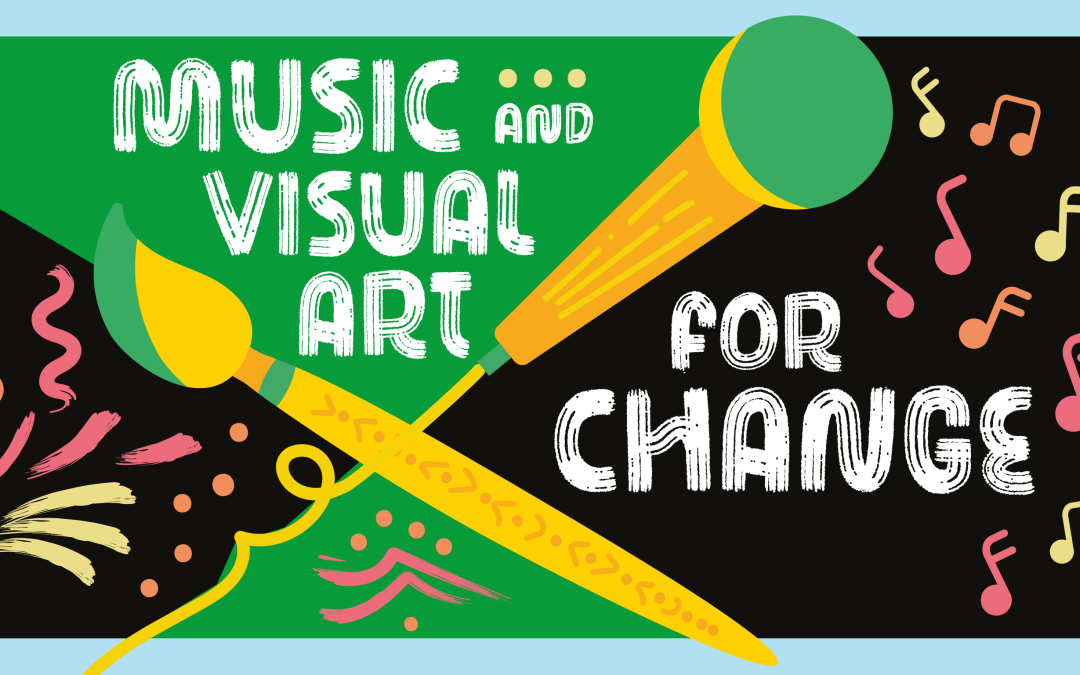
Music and Visual Art for Change
In an effort to take a stand against firearm violence in Jamaican schools, the United Nations Regional Centre for Peace, Disarmament, and Development in Latin America and the Caribbean (UNLIREC) and the Jamaican Ministry of Education and Youth (MOEY) have launched a competition entitled “Music and Visual Art for Change: Preventing Firearm Violence in Schools”. This initiative invites students ages 12 to 19 across Jamaica to use their artistic and musical talents to convey the powerful message of peace and firearm violence prevention.
The “Music and Visual Art for Change” competition seeks to harness the transformative power of music and art to address and prevent firearms possession and violence in schools. By encouraging Jamaican youth to create art and music that promote peace, this initiative aspires to shape a positive narrative that stands against the normalization of firearm violence.
The competition seeks to emphasize that firearms are not symbols of power or strength. True strength is found in standing firm in one’s values, prompting peace, unity, and positive change, including through creative self-expression. Respect is earned through kindness and establishing non-violent conflict resolution in communities, while cultivating positive influences. By embracing these principles, the initiative aims to support and inspire the younger generation to reject violence and build safe, non-violent, inclusive and effective learning environments for all.
How to Participate
Jamaican students, ages 12 to 19, can submit their artistic creations, including paintings, drawings, graphic designs, photographs or musical compositions at www.unlirec.org/music-art by 21 October 2024. Entries should reflect the core message of non-violence and peace, promoting the prevention of the possession of firearms and their use in schools.
The competition opens 18 September 2024 and will run until 21 October 2024.
Entries will be reviewed between 21 October 2024 to 10 November 2024 , and the public will have the chance to vote for their favorite submissions via social media.
Finalists will be announced on 11 November 2024.
The competition will culminate with an event held in Kingston, Jamaica, during the month of November, which will showcase the submissions of the finalists and will be followed by an award ceremony to announce the winners of the competition.
Eligibility criteria
- High school students aged 12-19
- Living in Jamaica
- Interested in visual arts (painting, photography, drawing, graphic design) or music
- Ready to inspire others to shift away from guns
“Music and Visual Art for Change: Preventing Firearms Violence in Schools” is part of the activities carried out by the United Nations and Jamaican authorities under the Saving Lives Entity (SALIENT) fund initiative in Jamaica. This initiative seeks to tackle armed violence in Jamaica as part of a comprehensive approach to sustainable security and development.
This competition supports the implementation of the Youth, Peace, Security agenda; the United Nations General Assembly resolutions on Youth, disarmament and non-proliferation, as well as; the 2030 Agenda for Sustainable Development.
The United Nations Regional Centre for Peace, Disarmament and Development in Latin America and the Caribbean (UNLIREC) plays a vital role in advancing arms control, fostering peace, and supporting sustainable development across the region.
The Jamaican Ministry of Education and Youth (MOEY) is committed to improving educational outcomes and the well-being of students across Jamaica.
Follow UNLIREC´s and MOEY´s social media accounts for updates and announcements: @unlirec_official, @moeyjamaica, @unjamaica.
Help us spread the word about this important initiative by sharing this opportunity with your friends, family, and colleagues! Together, we can create a safer future, free from firearm violence, in Jamaica.
For more information, please email music-art@unlirec.org.





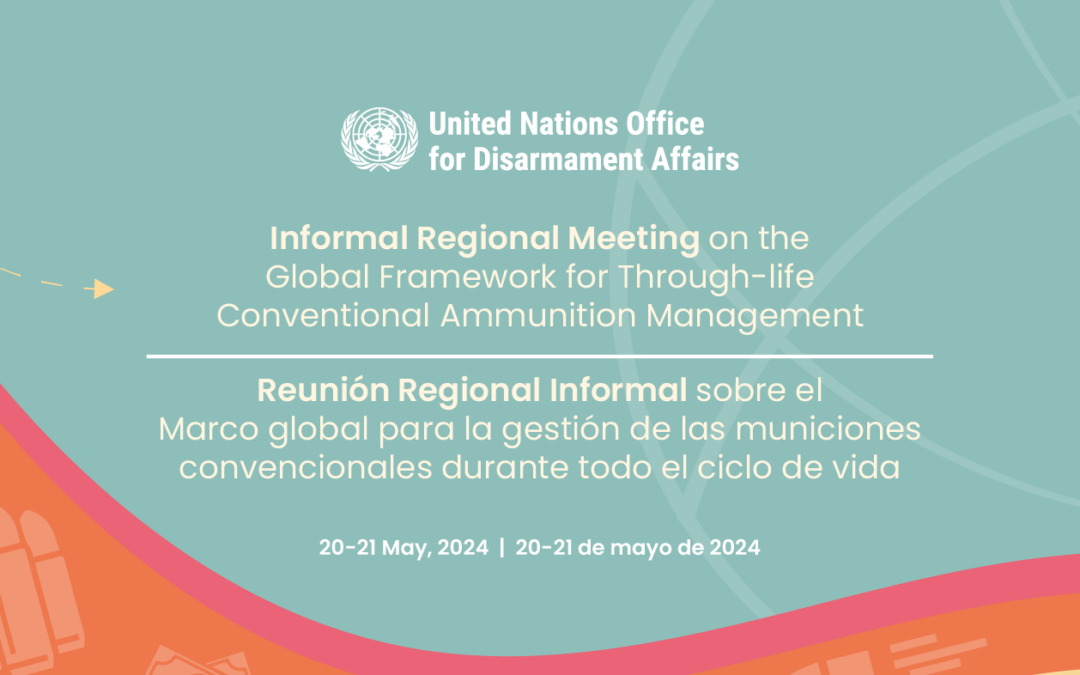
![Website [Recuperado]-21](https://unlirec.org/wp-content/uploads/Website-Recuperado-21.png)
![Website [Recuperado]-05](https://unlirec.org/wp-content/uploads/Website-Recuperado-05.png)
![Website [Recuperado]-18](https://unlirec.org/wp-content/uploads/Website-Recuperado-18.png)


